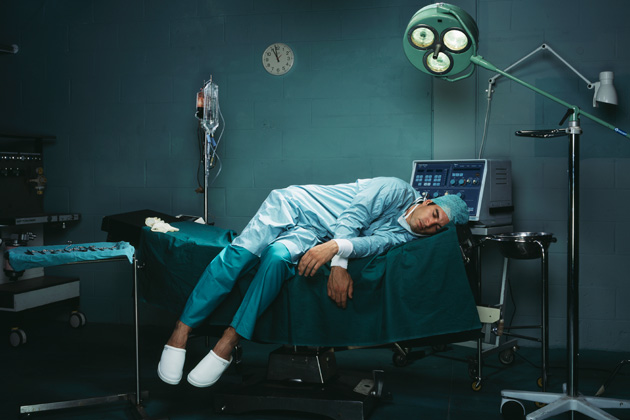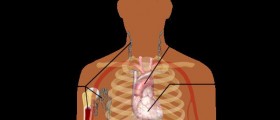
In a small number of patients the old symptoms may persist, or new symptoms may develop.
Problems after gallbladder removal years later skin#
If you find any redness or discharge in the wound, get an unusual amount of pain, develop a fever, or develop jaundice (your eyes and skin look yellow), do contact Mr Karametos's rooms or the hospital, as these may be signs of a wound infection or other complications.Īround 95% of patients are well and free of symptoms after a cholecystectomy.

The likelihood of complications after an operation to remove the gall bladder is very low. There some risks associated with the general anaesthetic, including pneumonia, heart problems, and blood clots in the leg veins and lungs. It may be due to more bile acids entering the intestine and acting as a laxative. Please contact Mr Karametos's rooms and we may advise you to try anti-diarrhoeal medications and c ut down on foods that can worsen diarrhoea in general, including dairy products, very greasy or sweet foods, and caffeine.Įvery operation inevitably carries a small element of risk, but your surgeon, anaesthetist and nurses will take great care to prevent complications. Rarely, it may last longer. The cause of diarrhoea after gallbladder removal is not known. In most cases, the diarrhoea resolves soon afterwards. You should be able to continue eating normally after the operation. You do not need to modify your diet because your gallbladder has been removed.Ī small number of people develop frequent loose, watery stools after surgery to remove their gallbladders. The digestive system just adapts to the absence of the gallbladder. The bile trickles steadily into the gut and helps digest the fatty foods. Surprisingly, removal of the gallbladder seems to have no effect on the digestive process in the vast majority of patients who undergo this operation. For those who do heavy lifting, Mr Karametos advises three weeks off to allow the umbilical wound to settle and strengthen. If you want to go to the gym, wait for 2 weeks, and then re-start gently. You will need 5 days before returning to driving. When recovering from a gallbladder operation, If doing something hurts your tummy, then stop doing it. Usually patients can go home the same or next day post-operatively. One week off work is sufficient for sedentary workers. Recovery Timeline After Gallbladder Surgery Waterproof dressings allow for short showers after the surgery. Some pain and mild bruising around the wounds is normal. In most instances your cuts will be closed with glue or with self-dissolving stitches under the skin. Please take them as prescribed. Ask Mr Karametos about the care of your wounds. You should then be able to eat something light a few hours later. You will then be taken back to the ward. There will be some pain and sickness for 12 to 24 hours, but you will be given medications for this. Some bruising and slight oozing of blood around the cuts is normal. Once you are fully awake, you will be encouraged to walk around and drink fluids. Generally, mild diarrhea after cholecystectomy is not cause for concern, but speak to you doctor if you are losing weight have bloody diarrhea, diarrhea that awakens you from sleep, fever or significant abdominal pain or have diarrhea lasting more than a few weeks.You will wake up feeling drowsy in the operating theatre’s recovery area. Talk to your doctor about your options and whether additional tests are recommended.

Anti-diarrheal medications, such as loperamide (Imodium A-D).Treatments you and your doctor may consider for controlling your diarrhea after cholecystectomy include: Some experts believe that it results from an increase in bile, especially bile acids, entering the large intestine - which may act as a laxative. The cause of diarrhea after gallbladder removal isn't clear. In most cases, the diarrhea stops soon after the surgery.

Studies have found that up to 20% of people undergoing gallbladder surgery develop diarrhea. It's not clear how many people develop the frequent loose, watery stools that characterize diarrhea after surgery to remove their gallbladders (cholecystectomy).


 0 kommentar(er)
0 kommentar(er)
